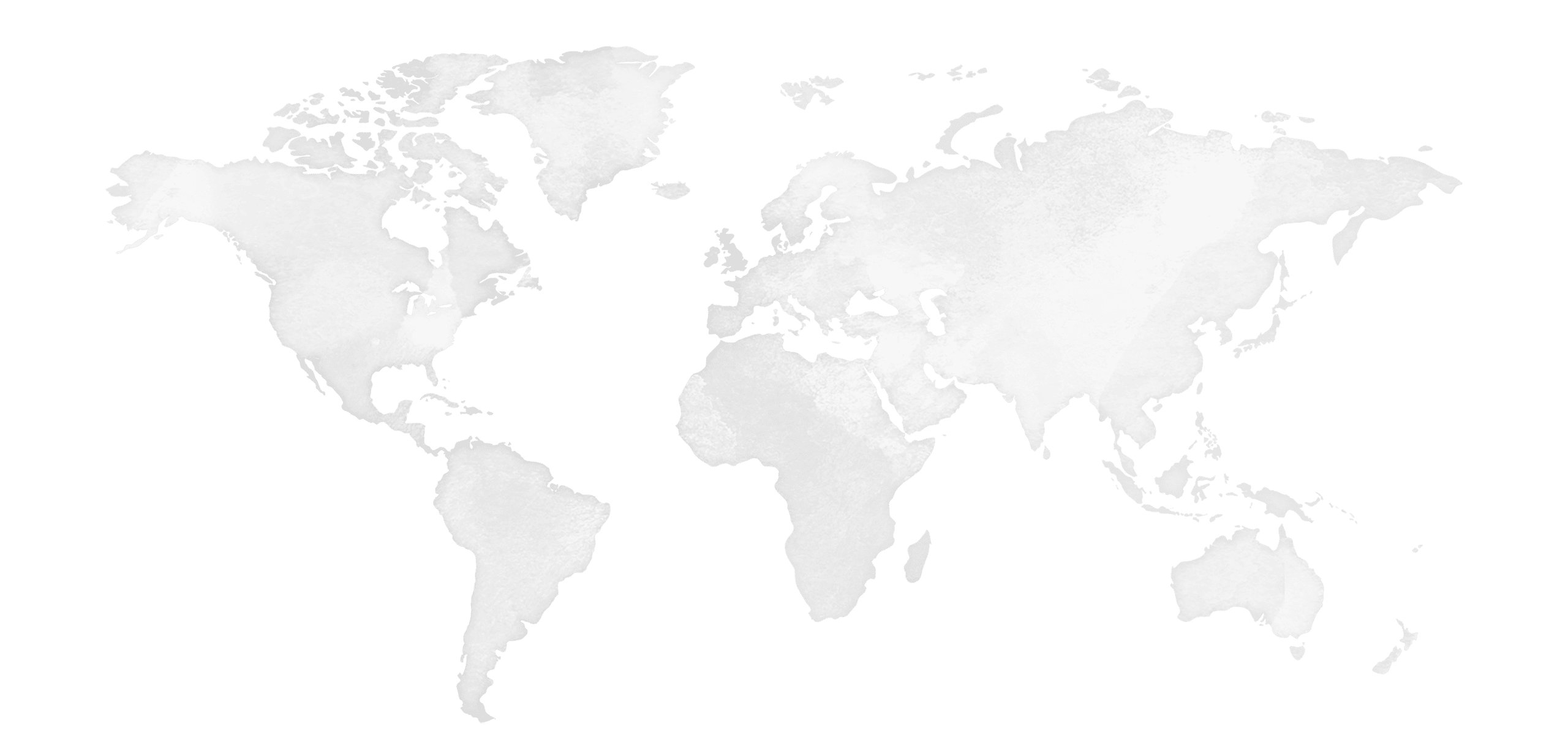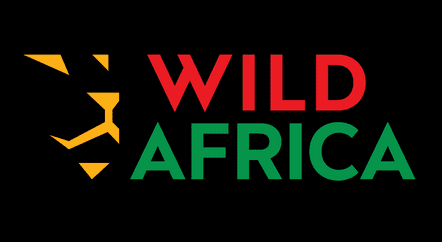Lagos, Nigeria — 31st May 2025 — As the world marks World Parrot Day on May 31st, conservation organisations Wild Africa and the World Parrot Trust call for stronger protection of parrots in Nigeria, especially amid the continued illegal trade of different parrot species, which threatens their existence.
Parrots, especially the African grey parrot that was once common in Nigeria’s forests, are quickly disappearing due to decades of trapping and trafficking. Despite being protected by both national and international laws, weak enforcement and the exotic pet trade continue to drive illegal activities. Over 1.2 million wild-caught grey parrots entered international trade in four decades, but since 40-60% die during capture and transport, it is estimated that the total number could be as high as three million.
In recent months, Nigeria has recorded positive developments in its fight against the illegal trade of parrots. In March 2025, the Nigeria Customs Service (NCS) intercepted over 300 parrot heads, drawing national and international attention to the brutality of the trade.
In early May, officials from the National Environmental Standards and Regulations Enforcement Agency (NESREA) and National Park Service (NPS) arrested three suspected wildlife traffickers in Abuja, who were found with live African grey parrots as well as other species. Meanwhile, in April, Nigeria Special Wildlife Officers (NSWO) seized 12 live Grey parrots that were being transported via bus between Kaduna and Lagos. The rescued parrots are being rehabilitated at Pandrillus Nigeria Drill Ranch.
“Parrots are keystone species, intelligent, social, and ecologically crucial. Their decline reflects the health of entire ecosystems. Parrots are more than just brilliant colors and clever mimicry—they are vital ambassadors of our planet’s wild places. On World Parrot Day, let’s honor their intelligence and resilience by protecting the forests they call home and the freedom they deserve. May we listen, love, and never let their voices fade into silence,” said Dr. Mark Ofua, Wild Africa’s West Africa spokesperson.
World Parrot Day reminds us of parrots’ crucial role in ecosystems and the need to protect their habitats. Originating from various regions across the globe, parrots play a vital role in maintaining healthy forest ecosystems by dispersing seeds and helping forests regenerate.
Their loss has significant environmental and cultural consequences, particularly for communities that have coexisted with these birds for generations.
The World Parrot Trust, which delivers programmes to protect Grey parrots across Nigeria, highlighted the urgent need for greater public awareness and sustained efforts to disrupt trafficking networks, protect habitats, and work with local communities.
“Our research shows that Grey parrots in Nigeria are in serious trouble. It’s enormously encouraging to see the intensified efforts by NESREA, NCS, and NPS to stop illegal trade and protect the remaining populations of parrots in the wild. However, sadly, many people are still unaware of how the exploitation of parrots is destroying our natural heritage,” said Ifeanyi Ezenwa, Nigeria Country Coordinator, World Parrot Trust.
Although Nigeria has taken significant steps to combat the illegal trade of parrots and other protected species by introducing the Endangered Species Conservation and Protection Bill, which has passed its second reading and is headed for a third reading,
Wild Africa and the World Parrot Trust are calling for the quick passage of the bill to support ongoing law enforcement efforts.
In addition, more public education is needed to reduce the demand for parrots as pets. Both Wild Africa and World Parrot Trust continue to advocate for stronger conservation policies and initiatives that safeguard Nigeria’s parrots using a combination of radio, TV, billboards, and newspaper publications.
Wild Africa and the World Parrot Trust call on governments, businesses, and individuals to come together and take meaningful action to protect parrots before it’s too late.
Link to parrots photos: https://drive.google.com/drive/folders/1GWSDJVlyeUuLvJm7ufHc-s4M9Ns9kMy6
ENDS
For media inquiries, please contact:
Wild Africa
Festus Iyorah, Nigeria Representative, T: +234 816 041 2825 E: [email protected]
World Parrot Trust
Ifeanyi Ezenwa , Nigeria Country Coordinator T: +234 928 642 9750 E: [email protected]
ABOUT WILD AFRICA.
Wild Africa aims to be Africa’s most effective conservation communicator, inspiring public support and political will to protect Africa’s wildlife and wild spaces forever. We believe people and wildlife can only survive and thrive together, so we are popularising conservation with a much broader audience than has previously been engaged. By amplifying the voices of African opinion leaders from every field through a powerful network of media partners and diverse programming, we seek to promote domestic wildlife tourism, local conservation projects and the passage and effective enforcement of conservation laws. Through our communications and direct support, we also aim to deliver permanent reductions in wildlife crime, the demand for illegal bushmeat, human-wildlife conflict and habitat loss. Our network includes more than 25 national and international broadcasters, as well as radio, newspaper, billboard, PR and social media companies, who work with us pro bono to add their voices and promote conservation and environmental issues. We partner with 199+ ambassadors from music, sports, film, TV, business, religion and government from Nigeria, Zimbabwe, South Africa, Rwanda, Ghana, Namibia, and Somaliland.
About World Parrot Trust
The World Parrot Trust brings together global wildlife conservation and welfare specialists to direct and implement effective programs to protect parrots. Our approach is rooted in science, decades of first-hand experience in the field, and a deep knowledge of companion parrot husbandry and care. Through its Africa Region and Bird Trade Programmes, WPT works to address the illegal and unsustainable trade in African Grey and other African parrot species, partnering with governments, communities, conservation organisations, and wildlife rescue centres.

